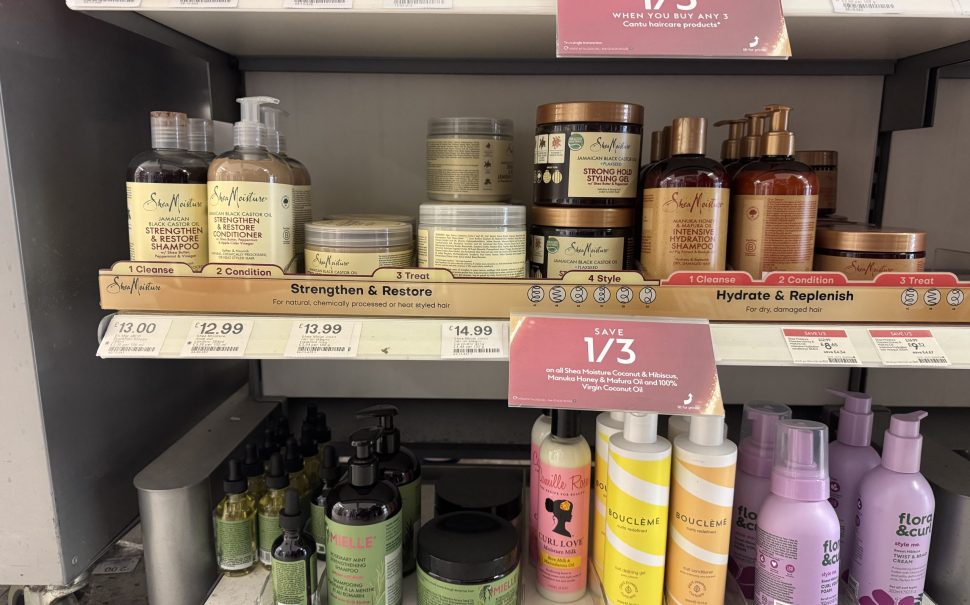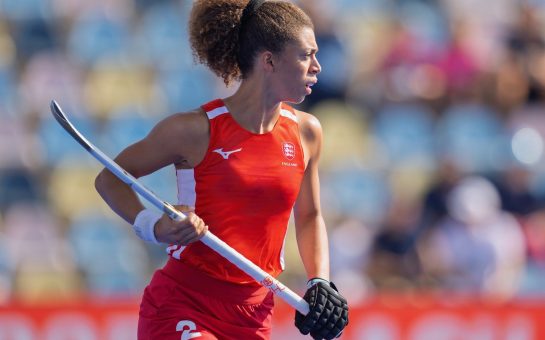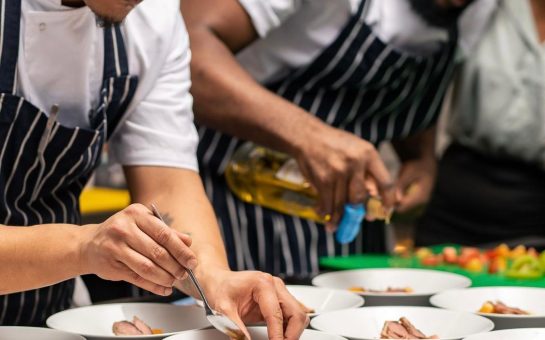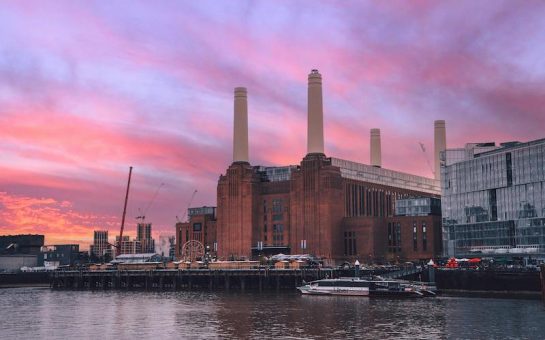A viral TikTok trend where white users praised hairstyles ‘they liked on Black people’ has revived conversation on the importance of Afro-centric hair amid Black History Month.
The trend has become a controversial topic due to the political history surrounding Afro-textured hair and the stigma many Black people face when wearing it out naturally.
What initially began with a Black creator asking white women to stop appropriating cultural hairstyles has become a talking point for why Black hair holds such deep significance within the community.
London-based financial analyst and TikTok influencer Zarah Abiola, 25, told the Londoners: “It’s putting us on a weird pedestal and it makes you feel like you’re almost a zoo animal.
“It’s very patronizing, a little bit condescending, and they’re placing themselves as the arbiters of what is good or bad.”
Abiola uses her TikTok platform @overzwabi to encourage other Black women to wear their natural hair, and stated many people have thanked her for normalising something they once saw as taboo.
She described the trend as dehumanising and asked creators to think of the tension that would arise if men were to comment on outfits he preferred women to wear.
The 25-year-old believes these trends are especially harmful due to the historical context surrounding Afro-textured hair.
“I wish I had no followers because that would mean that nobody thought me wearing my natural hair was special and that it was just a norm,” she said.
“I wish all my experiences were not viewed in the lens of the Black experience and racism, I wish that people would not even think to be concerned about the fact my hair could be detracting from my contributions or what I can bring to the world.
“But I am also aware that it is always going to taint any experience I have in a way that a lot of people can never relate to.”
Jamelia Donaldson, the CEO of Treasure Tress – Europe’s largest subscription box service for Afro-curly hair products – depicted accounts in history of Black people using their cornrows to map out escape routes during the slave trade.
She believes the hairstyle should be protected as an expression of culture and identity, and said: “Black hair has been trivialised for a very long time.
“It was used as self-expression and before that it was something that was used to help us with our survival.”
Both Donaldson and Abiola expressed frustrations growing up wearing natural hair, and the stigma which was attached with it.
Donaldson found that Black women in the UK account for 10% of haircare spending, despite the fact that they only make up around 4% of the population.
She stated: “As a young child I genuinely thought that straight hair was the marker of beauty.
“A lot of my early 20s was me just undoing and rewiring my brain to appreciate my own version of beauty instead of constantly trying to aspire to beauty through a white lens.”
Abiola recalled life in Nigeria where she was taught to believe her natural hair would be viewed as unsightly if worn out, and to relax it would ‘better and more presentable’ to the white community.
Michelle Evangelista, a TikTok influencer from the United States who posts under the handle @afro.afuera, recalled how she would fear the word afro because negative connotations surrounding afro hair.
She said: “Sometimes I’d interact with people and they would say, ‘you seem scary’, and I would think is it my afro?
“But when I chopped my hair off, I feel like it helped me to connect to my Blackness because I was able to learn about things like the CROWN Act and how Black hair is perceived and politicised.”
The CROWN Act, which stands for, ‘Create a Respectful and Open World for Natural Hair’, was a law created in 2019 to prohibit racial hair discrimination in California – there is no such equivalent in the UK.
She continued: “Often times I can’t really distinguish if someone likes my hair, or if they’re fetishising it.”
Evangelista, 25, views the trend as a ‘performative appreciation’, which fails to look beyond the aesthetics.
She said: “Why can’t we just go deeper into the history and culture of Black people rather than seeing them as an object to be consumed, or exist for the viewing and pleasure of a white audience?”
The tension between appropriation and appreciation is believed to be the true underlying issue with the trend.
Evangelista argues online interactions are simply a ‘Black tolerance’ which helps creators to earn brownie points with their audience.
She said: “I really just recommend for white people to just analyse their biases and to consider where their compliments are coming from because that really does help to answer the question.
“Is it exotification and fantasising, or a genuine compliment?”
Whilst Abiola and Evangelista are hopeful for change they also believe this is not the responsibility of the Black community.
Abiola stated: “Expecting every single Black person to be your activist is wrong, we are racialised enough already.
“There’s so many resources out there for you to learn, and there are people who are willing to teach and help you through that journey.”
Evangelista echoed this and said: “If the reactions to us expressing discontent weren’t as micro aggressive it would be fine.
“But it circles back to the white supremacist culture value that their cries will be considered more than people of colour.”
Donaldson expressed the key purpose of her brand was to ensure the imagery reflects Black women without it feeling as though they were, ‘a second thought’.
Featured image credit: Alexia Thompson






Join the discussion